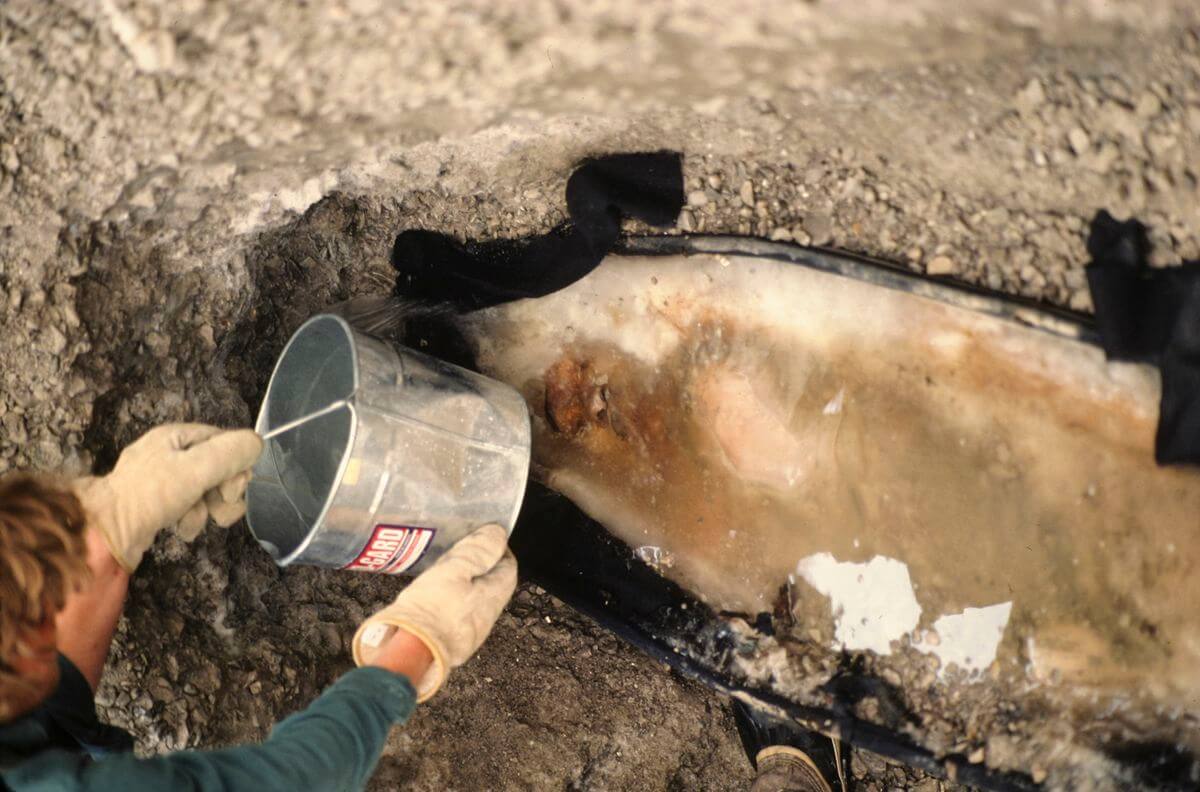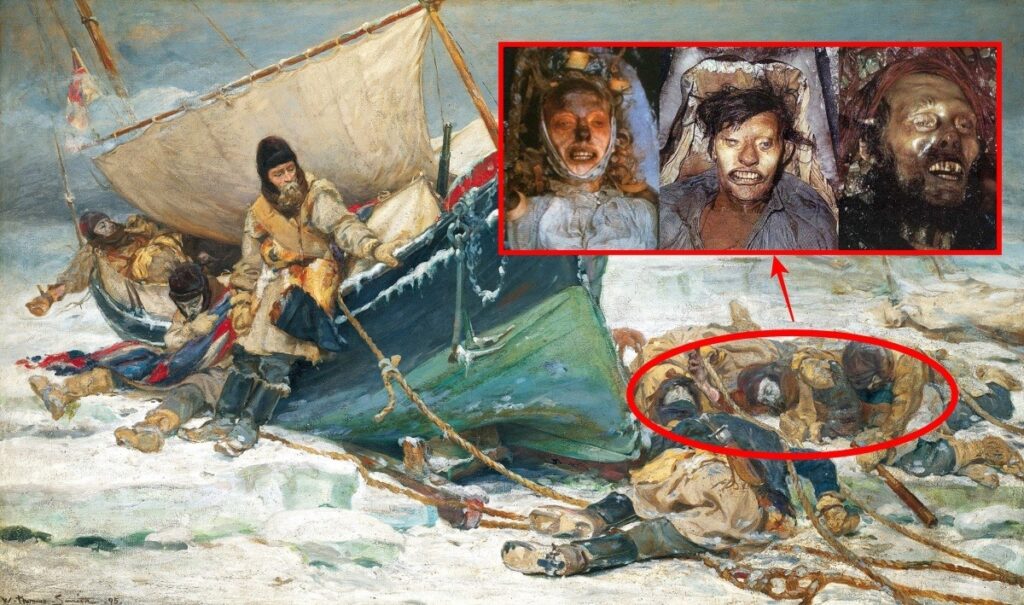The Franklin Expedition of 1845 remains a poignant tale of ambition, disaster, and the relentless challenges posed by the Arctic. Led by Sir John Franklin, the mission aimed to discover the Northwest Passage, a legendary route through the Arctic connecting the Atlantic and Pacific Oceans. Despite high hopes, the expedition ended in tragedy, casting a long shadow of mystery and despair over its legacy.
Setting Sail into the Unknown

In May 1845, Sir John Franklin embarked on this daring voyage from England with two ships, HMS Erebus and HMS Terror, and a crew of 129 men. Equipped for an extended journey, the expedition was optimistic about navigating the uncharted Arctic waters. Their mission was to map the coastline and identify a viable sea route.
As they ventured deeper into the Arctic, the crew faced extreme conditions, including freezing temperatures, dense pack ice, and limited daylight. Despite these adversities, they made progress, charting previously unknown territories. However, unforeseen challenges soon arose.
Trapped in Ice

By September 1846, the Erebus and Terror were ensnared by pack ice near King William Island. For two harrowing years, the crew struggled to free their ships, but their efforts were futile. Eventually, they abandoned the vessels, embarking on a desperate overland journey.
The Fate of John Torrington

Among the ill-fated crew was John Torrington, who perished on January 1, 1846, shortly after the ships became icebound. Torrington, along with two other crew members, was buried on Beechey Island. Their graves lay undisturbed until the early 1980s when researchers unearthed a remarkable discovery.
The extreme cold had preserved Torrington’s body in an almost pristine state. This extraordinary preservation offered scientists a rare opportunity to examine the physical toll of the expedition on the crew. Detailed analysis of Torrington’s remains revealed he likely succumbed to pneumonia, a common ailment in such harsh conditions. Additionally, signs of lead poisoning, likely from the solder used to seal their canned food, were evident. This lead contamination might have exacerbated their health problems, compounding the challenges posed by malnutrition and scurvy.

Insights and Legacy
The examination of Torrington’s mummified body provided invaluable insights into the physical hardships endured by the Franklin Expedition. It underscored the severe impact of malnutrition, disease, and the Arctic’s brutal environment on the crew. These findings offered a deeper understanding of the expedition’s tragic end and the formidable nature of early Arctic exploration.
![Timeless History (ประวัติศาสตร์ไร้กาลเวลา)] “การสำรวจขั้วโลกเหนือคณะ Franklin (Franklin Expedition)” การสำรวจมรณะที่เหลือเพียงความตายและซากศพที่สมบูรณ์ของลูกเรือ ในปีค.ศ.1845 (พ.ศ.2388) ได้มีเรือจำนวนสองลำ บรรทุกผู้โดยสารกว่า 134 คนได้เดินทางออ](https://artarch.dalatcamping.net/wp-content/uploads/2024/07/5f0d4d17e477260c7daddc94_800x0xcover_jnWTUPl9.jpg)
The legacy of the Franklin Expedition serves as a somber reminder of the human cost associated with the pursuit of discovery. It highlights the critical importance of thorough preparation and adaptability in the face of uncharted and unforgiving environments. The artifacts and remains recovered from the expedition continue to be studied, shedding light on the history of Arctic exploration and paying tribute to the bravery and sacrifices of those involved.
In conclusion, the story of the Franklin Expedition, particularly through the well-preserved remains of John Torrington, stands as a testament to the enduring spirit of exploration, the vulnerability of human life in extreme conditions, and the relentless quest for knowledge that propels humanity forward.
